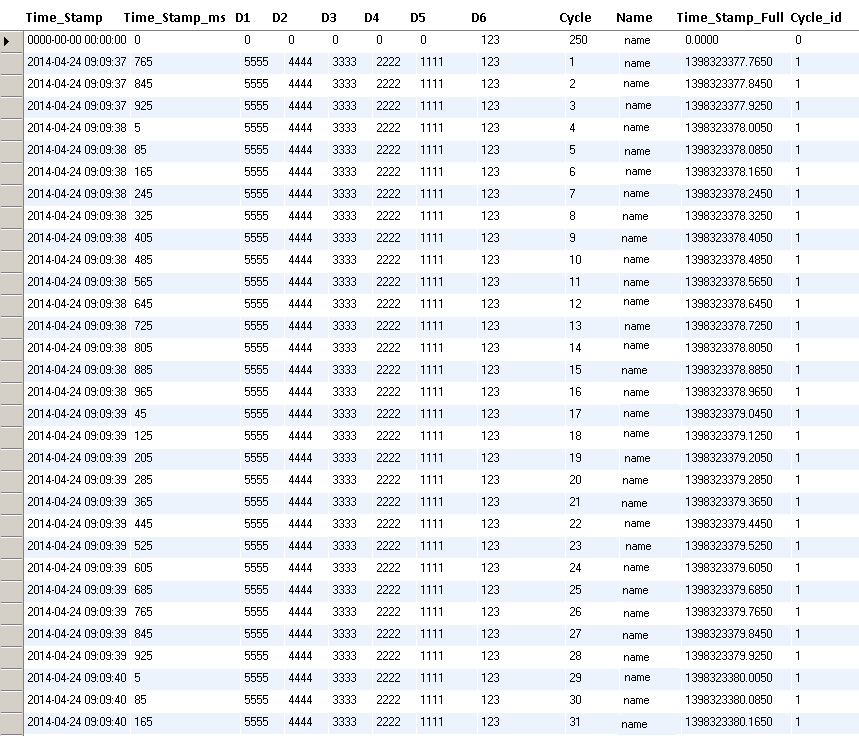Lets see how long this one takes....
riahc3
50
Â
Team Colleague

diafol
riahc3
50
Â
Team Colleague

diafol
riahc3
50
Â
Team Colleague

diafol
riahc3
50
Â
Team Colleague
riahc3
50
Â
Team Colleague
riahc3
50
Â
Team Colleague
riahc3
50
Â
Team Colleague

diafol
riahc3
50
Â
Team Colleague

diafol

diafol
riahc3
50
Â
Team Colleague

diafol
Be a part of the DaniWeb community
We're a friendly, industry-focused community of developers, IT pros, digital marketers, and technology enthusiasts meeting, networking, learning, and sharing knowledge.
